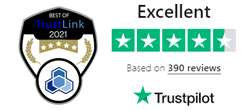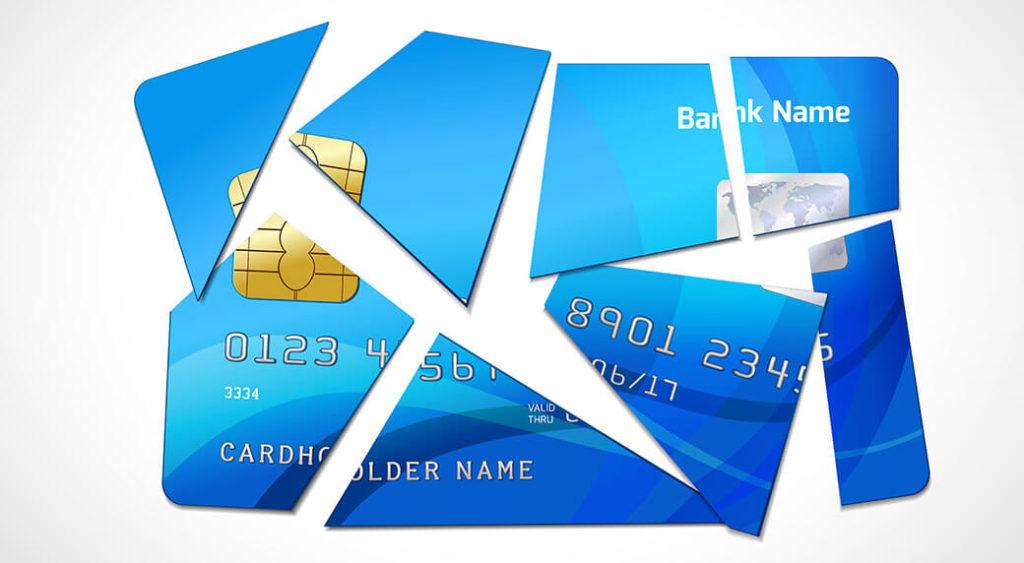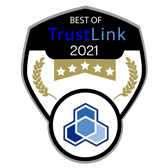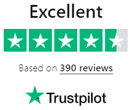Debt consolidation has been lauded by many as a great way of settling debts. But knowing the importance of a thing and how to make it work for you are not the same thing. It is also possible that you have heard of debt consolidation but don’t know how it works or what it is all about. So you may be wondering what debt consolidation is.
Debt consolidation is nothing more than various methods employed in merging multiple debts into a single monthly debt repayment plan. So many debt consolidation plans are available to you. Though these plans come with different packages, the aim is the same- ensuring that you pay lesser interest and clear of your debts within a short time range usually 3-5 years.
Benefits of debt consolidation
Whether it is a payday loan debt or a credit card debt, with a good debt consolidation plan, you can clear it off in a few years. Some many benefits can be derived from debt consolidation. Some of the benefits are as follows:
- Low interest: trying to pay off multiple debts with differing interests may be challenging. However, merging these payments helps to ensure that you pay lower interest on all the debt. This is because there is a higher possibility that you will make progress with the payment and pay off the debt faster.
- Single payment: debt consolidation merges multiple debt repayments into a single monthly payment. These debts may have different repayment dates before consolidation which may lead to parent shortfalls. But with a single monthly payment plan, the repayment process becomes simplified.
- Fast debt settlement: While you can pay off credit card debts in twenty years by paying the minimum monthly, debt consolidation helps you clear your debt within 3-5 years. One of the common methods employed in debt consolidation is to apply for a large loan and use the funds to settle several smaller loans. If you have a good credit score, you can get these loans at a low-interest rate.
How to Consolidate Debt
Before proceeding with debt consolidation, you will have to decide the type of consolidation strategy to adopt. Do you want to consolidate your debts by taking out a large loan or not? if you decide to get a loan, will you get it from a traditional bank, credit union, or online lenders? At this point, you may have to engage the services of counseling agencies to know the best option for your situation.
Consolidating debt without a loan
The decision as to whether to take a loan or not should not be arrived at without the counsel of a nonprofit credit counselor. The counselor will run an analysis of your debt and help you draw up a budget that will help you achieve your purpose. If after such analysis, it is concluded that your income can cover your expenses and loan repayment, you may be advised to join a debt management program.
Why it is ideal to go for a nonprofit credit counseling agency is that such agencies have agreements with different credit card companies. So in case you have credit card debts, the agency can help negotiate a lower interest rate on the credit card debt. Once you enroll in the debt management program, the payments are then automated monthly. With this plan in place, you can pay off your debts in 3-5 years.
Debt Consolidation with a loan
If you decide to consolidate your debts by taking out a large loan, all you need to do is to list all the debt you are planning on consolidating. Calculate the total amount of the debts as well as the interest due. Add up to get the total amount you are expected to pay including interest and apply for a loan in the tune of that figure.
Once you have done this, approach a credit union or a bank and apply for the loan. Pay attention to the interest rate offered and find out if it is lower than the total amount of interest to be paid on the debts you are trying to consolidate. Compare both payments before accepting the loan.
Conclusion
Debt consolidation is indeed a way to pay off debts faster and break away from recurring debt cycle. Before consolidating debt, ensure you seek out professional advice in any area you are not so clear on. Need our help? Click here to learn more!




